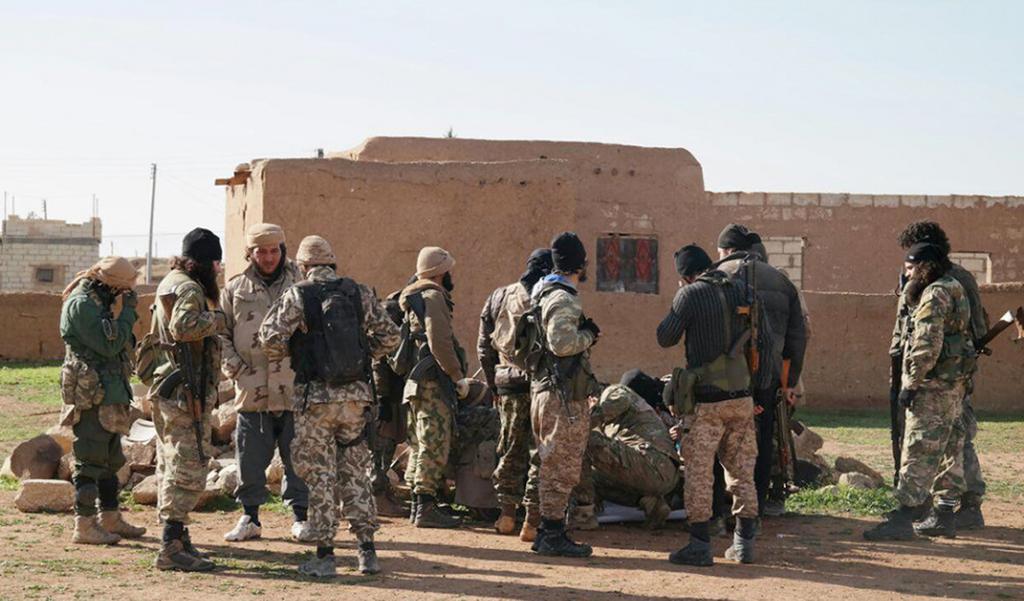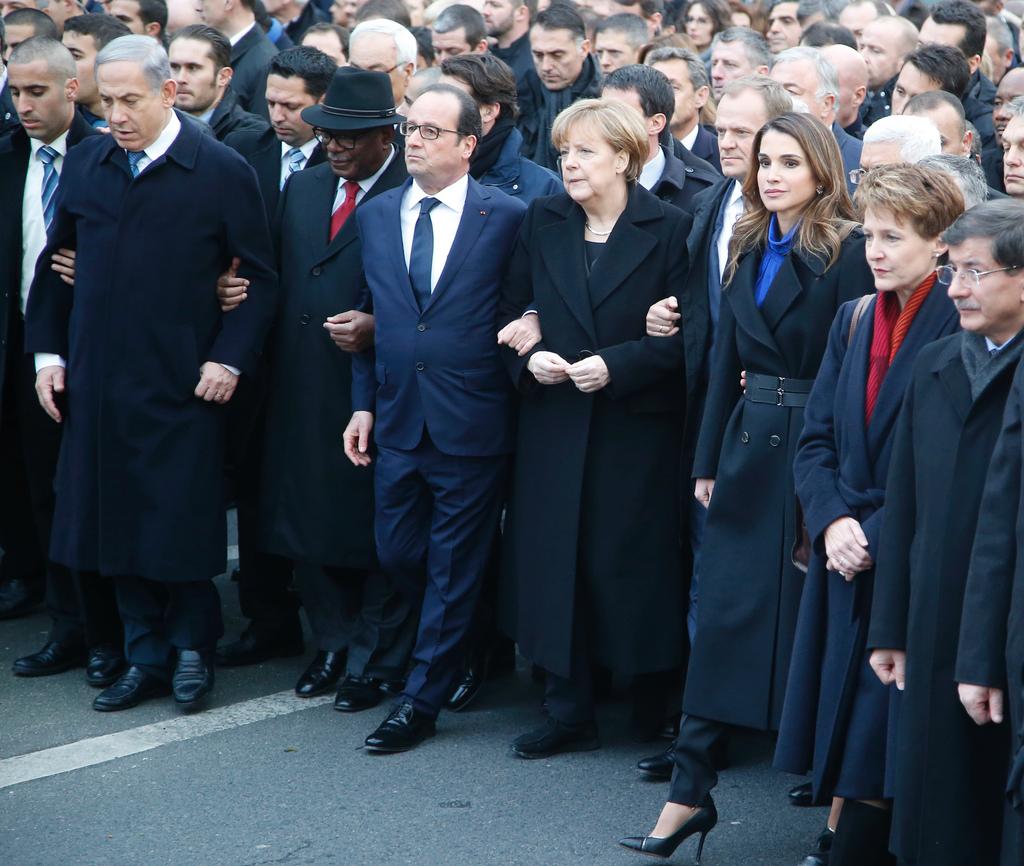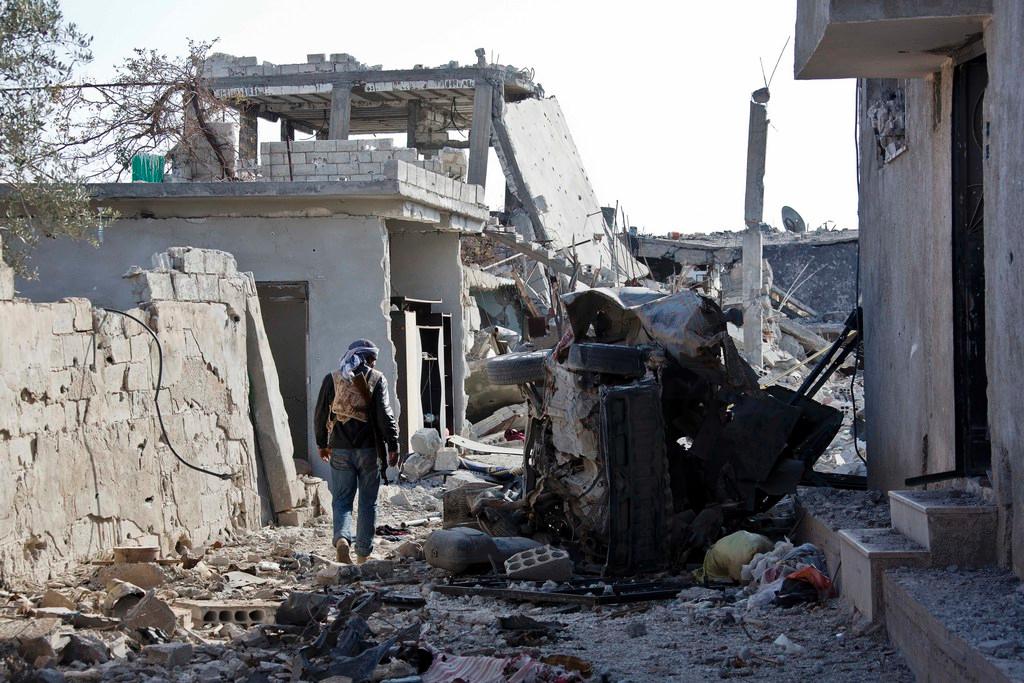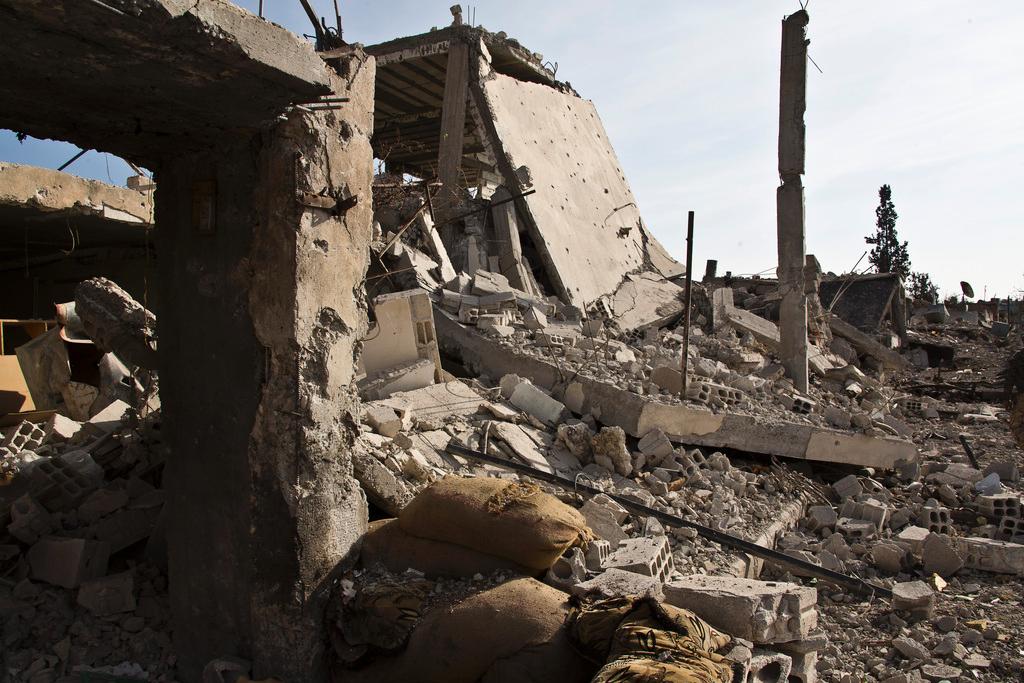More action needed to curb jihadists

Switzerland should do more to thwart jihadists, says a Federal Office of Police task force. New measures could include a hotline number or even the grounding of outbound travellers.
In its first report on the subjectExternal link, the task force said that the threat of jihad-motivated travellers had risen in Europe since 2012. This affects Switzerland, whether as a country of origin or destination – or simply as a stop along the way for would-be terrorists.
Jihadists generally go through five phases: radicalisation, the journey to a conflict zone, active service there, the journey home, and the time after that. In its report, the task force outlined current as well as potential intervention measures.
The Federal Intelligence Service already keeps watch over social media for tips, and gets in touch with people signalling plans to visit war zones. There is also a specific questionnaire for asylum hearings, and border guards and police are receiving more training to help them recognise signs of radicalisation.

More
Breaking the radicalisation cycle
New measures
The task force also suggests that Switzerland create a hotline, as France and Germany have done. However, it would require a lot more resources to ensure that each tip is properly investigated.
It also says that Switzerland could to more to prevent radicalisation in the first place, citing the dialogue between the government and the Muslim community after Swiss voters approved the anti-minaret initiative as a good example.
Swiss law can do little to prevent a jihadist from leaving Switzerland, but this would be desirable, according to the task force. It also said that Switzerland should have access to airline passenger data, as is being discussed in Europe.
Another possible measure could be the withdrawal of travel documents, although this wouldn’t necessarily prevent someone from going to a conflict area. Similarly, denying entry to anybody who had been in a conflict zone and shown sympathy for the jihadist cause could be impractical, as the person might reach Switzerland via other routes.
Monitoring or arrest
Currently, jihadists returning to Switzerland are either monitored or arrested. People with connections to terror organisations such as Islamic State (IS) can be imprisoned for up to five years.
According to the task force, the Swiss authorities have good means to assess whether the returnees pose a threat – but these are not put to systematic use. It says too little is being done to de-radicalise jihadists coming back to Switzerland, and that such programmes are difficult and time-consuming. A feasibility analysis is underway.

In compliance with the JTI standards
More: SWI swissinfo.ch certified by the Journalism Trust Initiative




You can find an overview of ongoing debates with our journalists here. Please join us!
If you want to start a conversation about a topic raised in this article or want to report factual errors, email us at english@swissinfo.ch.